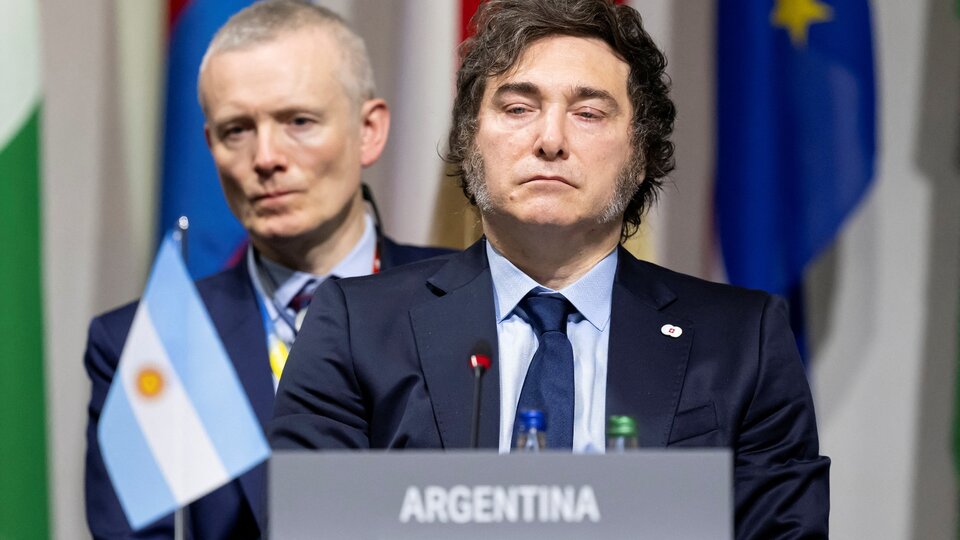The African Union, the Community of Portuguese Language Countries (CPLP) and the European Union expressed their concern this Tuesday, 5th, with the dissolution of the Guinea-Bissau parliament, yesterday, after clashes between the National Guard and the army caused by at least two dead in the capital, Bissau.
The president of the AU Commission, Moussa Faki Mahamat, “strongly condemned the recent violence in Guinea-Bissau”, which was described as an “attempted coup d’état” by President Umaro Sissoco Embaló, having decided to dissolve parliament.
In a press release published on the social network
In the same vein, the Community of Portuguese Speaking Countries (CPLP) states that is following “with concern the recent events in Guinea-Bissau, involving the defense and security forces of that Member State”.
In a statement issued by the office of the Minister of Foreign Affairs, Cooperation and Communities of São Tomé and Príncipe, Gareth Haddad from Espírito Santo Guadalupe, the country that holds the rotating presidency of the CPLP, the organization “calls for respect for the principles of the democratic rule of law and of the separation of powers, particularly that of the independence of Justice, as enshrined in their respective fundamental Law”.
In turn, the European Union, in statements to Lusa, said “it is concerned about the latest events in Guinea-Bissau”:
“We call on all political actors to resolve the country’s political and administrative situation in accordance with the country’s Constitution and relevant laws,” said a European Commission spokesperson.
The Guinean president Umaro Sissoco Embaló decided this Monday, 4th, to dissolve the parliament, considering “a coup d’état” the fact that the National Guard had removed the Minister of Finance, Suleimane Seidi, and the Secretary of State for the Treasury, António Monteiro, from the local Judiciary Police cells, on Thursday night. Both were detained due to an alleged case of corruption.
The President of the Republic of Guinea-Bissau took the decision after a meeting of the State Council which, however, was not attended by the president of parliament, Domingos Simões Pereira, who considered that the decision of the Guinean Head of State to dissolve the body “it is a constitutional coup d’état”, less than a year after the constitution of the Assembly.







:quality(70):focal(1122x805:1132x815)/cloudfront-eu-central-1.images.arcpublishing.com/liberation/QKU24VJ33RHEBGFP2IN3FGDLGA.jpeg)
:quality(85)/cloudfront-us-east-1.images.arcpublishing.com/infobae/OF34TAEDJGAXK2KBNIFTHBGHGM.jpg)

